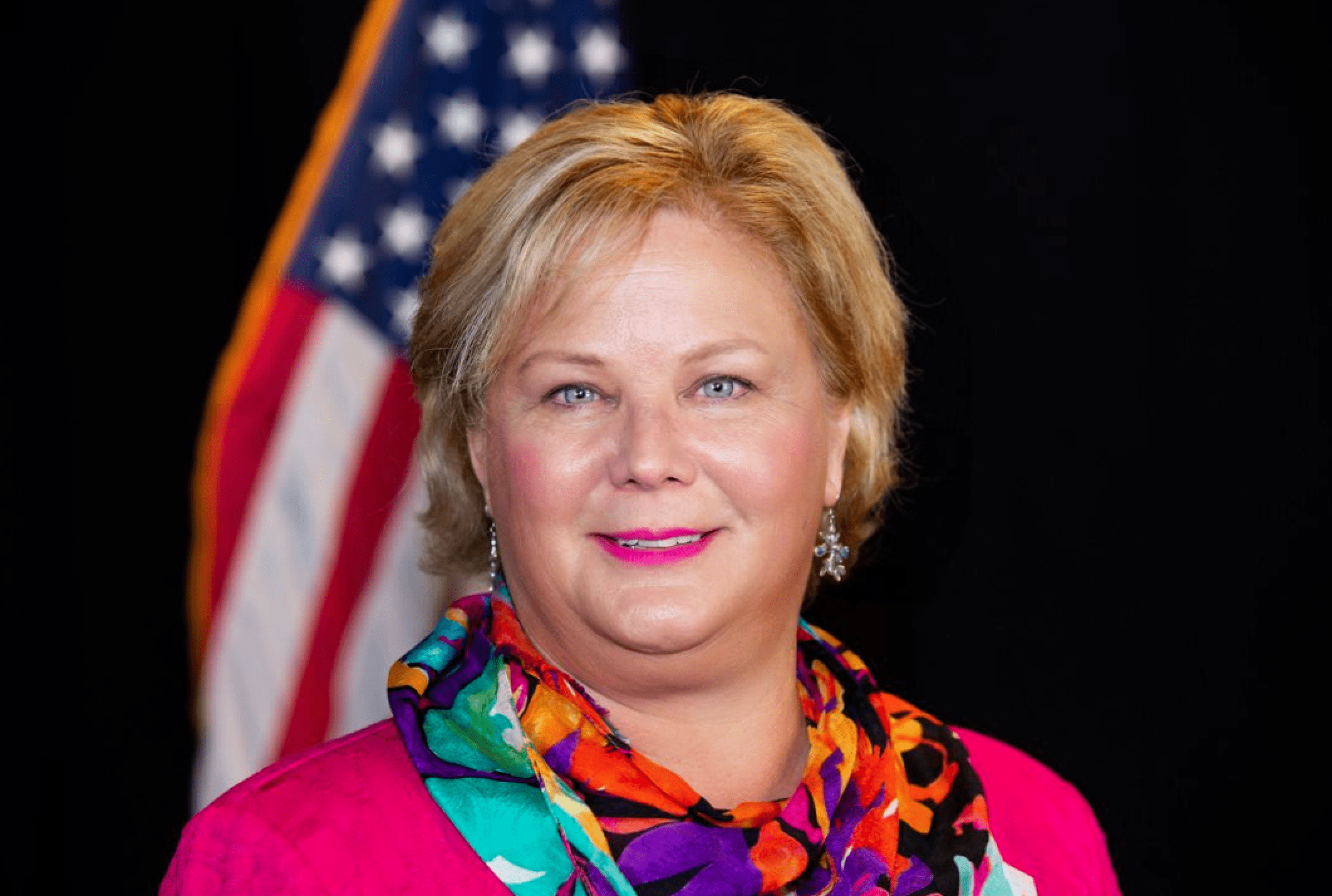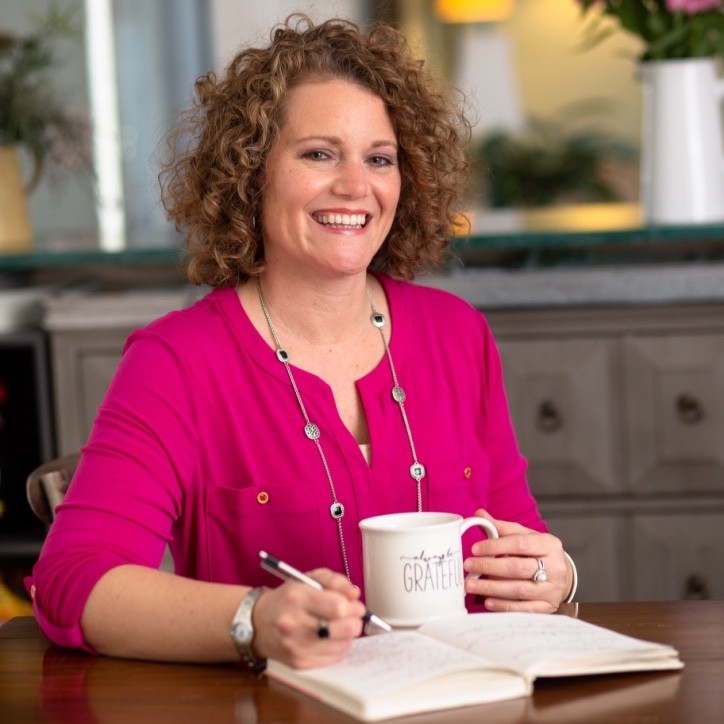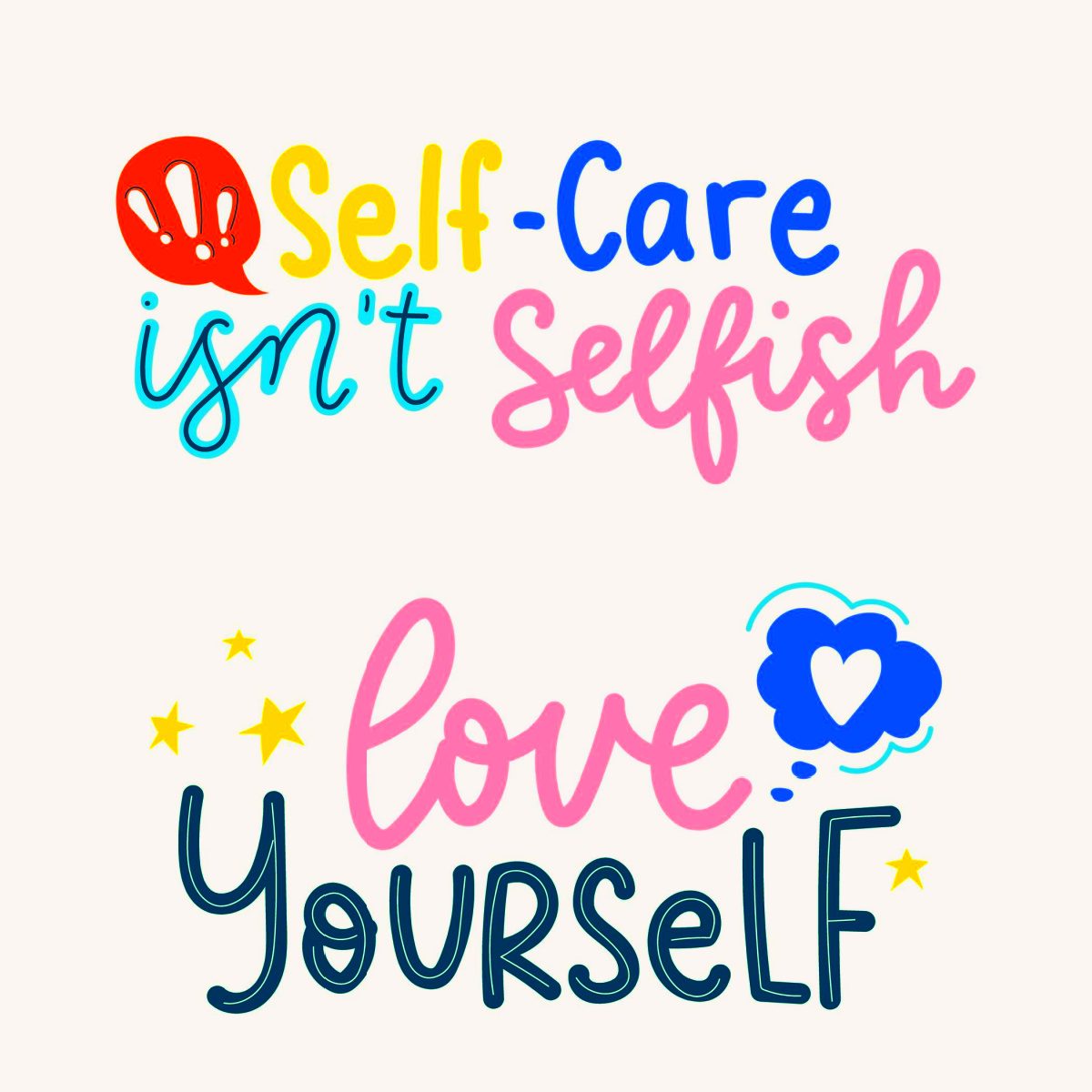
Our Guest Blogger
It is my pleasure to introduce this week’s guest blogger, Jennifer Henius, LCSW. She combines her social work practice with yoga and mindfulness to help caregivers stay healthy.
Being a family caregiver can be a rewarding experience, but it can also be challenging, stressful, and overwhelming. Caregivers are responsible for the physical, emotional, and mental well-being of their loved ones. Family caregivers often struggle to balance their own needs with the needs of the person they are caring for, which can lead to physical exhaustion and emotional burnout. In fact, caregiving is a demanding role that can become all-consuming and take a toll your health and well-being. Practices such as yoga and mindfulness can help caregivers manage their stress, cultivate their resilience, and improve their overall quality of life.
Chronic Health Condition Management
Research has shown that family caregivers have an increased risk developing chronic health conditions such as heart disease, diabetes, and cancer compared to non-caregivers. Yoga and mindfulness are evidence-based practices that decrease their stress, lower for chronic disease risk, and improve well-being.
Meet Jennifer Henius, LCSW
Jennifer Henius, a licensed clinical social worker, caregiving expert, and trauma-informed yoga teacher founded Yoga4Caregivers. Jennifer spent nearly 20 years serving Veterans, their families, and caregivers with the Department of Veterans Affairs. Most notably, she served on the national leadership team for VA’s pioneering Caregiver Support Program. Yoga4Caregivers began in the pandemic with the mission of expanding access to yoga and holistic wellness classes to family caregivers and helping professionals.
Caregiver Kula
Today, Jennifer and her colleague Ellen MacKay, also a trained social worker and yoga teacher, oversee their growing Caregiver Kula, a free online caregiver wellness community. This site is supported by seasoned wellness professionals across the country, many of whom have been caregivers. Jennifer and her team believe in social impact. They are partnering with businesses, nonprofits, healthcare systems and other organizations to extend their message through Caregiver Whole Health.
Top Five Tips for Daily Yoga and Mindfulness Practice
These five tips help to include yoga and mindfulness in a daily routine. Feel free to adapt and modify the practices to suit your needs and preferences. Always listen to your body and prioritize self-care as you navigate the demands of caregiving.
Start with Small Steps
Begin by setting aside just a few minutes each day for yoga and mindfulness practice. Start with simple and basic exercises or guided meditations to make it more manageable. Postures such as mountain pose, bending forward pose and legs up the wall can help caregivers release tension in their bodies, cultivate self-awareness and improve their flexibility and strength.
Create a Dedicated Space
Designate a specific area in your home where you can practice yoga and mindfulness. It could be a quiet corner, a spare room, or even just a small mat in your living room. Having a dedicated space helps create a peaceful environment that promotes relaxation and focus.
Set Realistic Goals
Be realistic about the time and energy you can dedicate to yoga and mindfulness. Start with manageable goals that align with your caregiving responsibilities. For example, aim to practice yoga for 10 minutes each day or meditate for five minutes in the morning or before bed. As you build consistency and feel more comfortable, you can gradually increase the duration and frequency of your practice. Give this short 10-minute gentle yoga class a try!
Daily Mindfulness
You do not have to limit mindfulness to formal meditation sessions. Bring mindfulness into your everyday activities by practicing present-moment awareness. Whether you’re washing dishes, walking, or having a conversation, try to be fully present and engage your senses in the experience. This can help cultivate a sense of calm, reduce stress, and bring more joy to your daily routines.
Seek Community and Support
Connect with other caregivers who are also interested in yoga and mindfulness. Join local support groups or online communities where you can share experiences, exchange tips, and offer support to one another. Engaging with a community can provide motivation, accountability, and a sense of belonging as you embark on this journey.
Find Moments of Calm
Incorporating yoga and mindfulness into your daily routine has a profound impact on health and well-being. By starting small, creating a dedicated space, seeking out a community for support and prioritizing self-care, you are embarking on a whole health journey. Use these practices to find moments of calm, reduce stress, and cultivate a sense of balance in the day.
Self-Care is Not Selfish
Remember, taking care of yourself is not a luxury but a necessity. By investing in your health benefits both you and your loved one. Embrace this opportunity for self-care and self-reflection. Enjoy the transformative benefits that yoga and mindfulness can bring to your life as a family caregiver.
Thank You Jennifer!





